Georgia’s ruling party has announced it was halting plans to introduce controversial “foreign agent” legislation that had triggered massive protests in the Caucasus country.
“As a party of government responsible to every member of society, we have decided to unconditionally withdraw this bill that we supported,” the Georgian Dream party said in a statement on Thursday.
The plans sparked two days of large-scale protest in the ex-Soviet country that aspires to join the European Union and NATO.
Both the United States and the European Union had expressed concerns over a bill that critics say mirrored legislation in Russia used to suppress civil society.
Georgian Dream said in its statement the bill had been “represented in a bad light and in a misleading way,” adding that it would launch public consultations to “better explain” the law’s purpose.
Demonstrators around the parliament building
Politicians on Tuesday approved the first reading of the proposed law, which would require media and nongovernmental organizations that receive over 20 percent of their funding from foreign sources to register as “agents of foreign influence”. More than 60 protesters were arrested outside parliament in Tbilisi after the approval.
The draft law “goes directly against the Georgian authorities’ declared ambition to receive candidate status for EU membership,” said a statement from European Parliament members Maria Kaljurand and Sven Mikser, who are top figures in relations with Georgia.
“The new law’s purpose, under the guise of promoting transparency, is to stigmatize the work of civil society organizations and media,” the statement added.
Protest leaders on Wednesday called for demonstrators to prevent parliament members from returning to the building until the measure is withdrawn.
Police in the capital of Georgia used water cannons and tear gas to disperse demonstrators around the parliament building protesting a draft law that they say could stifle media freedom and civil society.
President to veto
Parliament speaker Shalva Papuashvili on Wednesday asked for the measure to be assessed by the Vienna Commission on constitutional law of the Council of Europe, the continent’s leading human rights body.
While Georgia’s president, Salome Zurabishvili, has said she would veto the bill, its authors say it’s needed for the transparency of the work of entities financed by representatives of foreign states. Parliament can override presidential vetoes.
On Tuesday, Human Rights Watch and Amnesty International in a statement called on Georgia’s parliament to “firmly reject” the bill.
The measure is similar to one enacted in Russia in 2012 that has been used to shut down or discredit organizations critical of the government. Opponents see it as potentially obstructing Georgia’s stated intention of joining NATO and the European Union one day.
READ MORE: Thousands march in Tbilisi to protest Georgia’s ‘foreign agents’ law

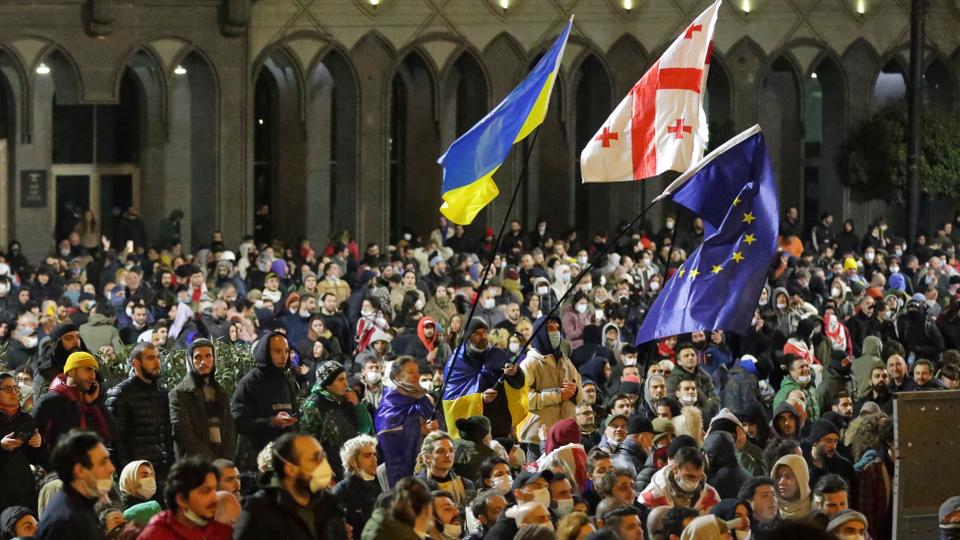














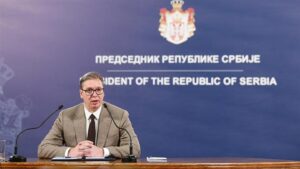

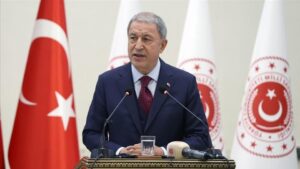












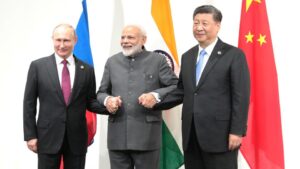













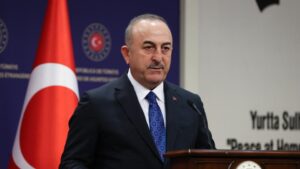

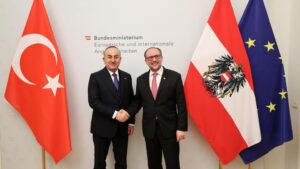



Be First to Comment